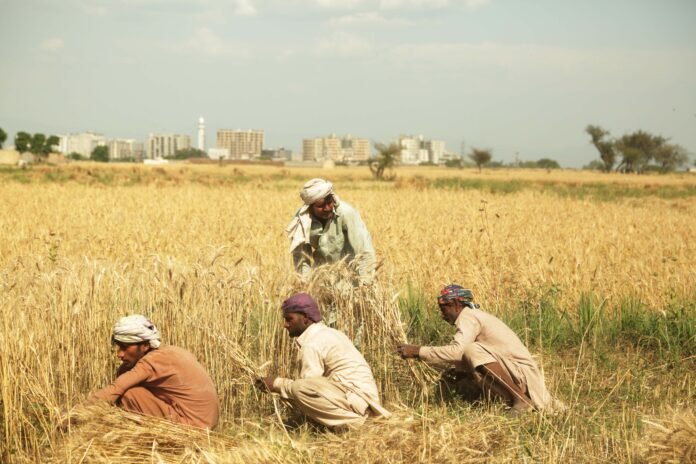Farmers in Pakistan’s Balochistan province are facing tough times, and their leader is speaking out against what he calls unfair crackdowns. Khalid Hussain Bathh, chairman of the Pakistan Kissan Ittehad (KIP), slammed the filing of FIRs against protesting farmers in Nasirabad district. He told reporters that these farmers were simply holding peaceful rallies to push for their rights, according to reports from Dawn newspaper.
Speaking at a press conference alongside activists Arya Hoorain and Raza Muhammad Khilji, Bathh called for the immediate dropping of all cases and the release of any detained farmers. He warned that if the government doesn’t act fast, KIP will organize big demonstrations in places like Kulchak, Nasirabad, Lakpass, Khuzdar, and beyond.
Bathh urged both federal and provincial leaders to set wheat support prices right away, ahead of the sowing season. That way, he said, farmers can plant on more land and boost production. He also pushed the Balochistan government to form a committee with KIP members to check on the shift of tubewells to solar power and review how funds have been spent so far. In the meantime, he stressed, authorities shouldn’t cut off farmers’ electricity connections.
Pointing fingers at the provincial irrigation minister, Bathh blamed him for causing billions in losses. “Paddy crops are drying up, and vegetables are getting ruined,” he said. “The minister’s stubbornness and poor handling have hit farmers hard.”
This isn’t the first time Bathh has raised the alarm. Back in August, he criticized the Balochistan government for breaking promises to fund solar conversions for tubewells in Nasirabad—the province’s key green belt area. Farmers there are losing out big time, with tubewells shutting down due to power cuts, crops wilting, and major financial hits.
Bathh explained that officials had pledged money for the solar switch, but it hasn’t arrived yet. Instead, electricity supplies got downgraded from three-phase to two-phase before payments cleared, leaving tubewells dry. Now, there’s no water flowing in the Rabi Canal, crippling farming, livestock, and even local drinking water supplies.
Communities are suffering, Bathh added. After Irrigation Minister Mir Muhammad Sadiq Umrani gave assurances, farmers went ahead and planted seeds—only to watch them die from the water shortage. He highlighted a lack of support programs, like skill-building centers, agricultural workshops, or initiatives for women farmers who toil in the fields right alongside men.
To fix this, Bathh asked the government to launch a solar energy program for farmers in the Rabi Canal, Nari, and Bolan regions. Many there still rely on costly diesel generators for irrigation, and switching to solar could change everything for Balochistan’s struggling agriculture sector.
Stay informed on all the latest news, real-time breaking news updates, and follow all the important headlines in world News on Latest NewsX. Follow us on social media Facebook, Twitter(X), Gettr and subscribe our Youtube Channel.



